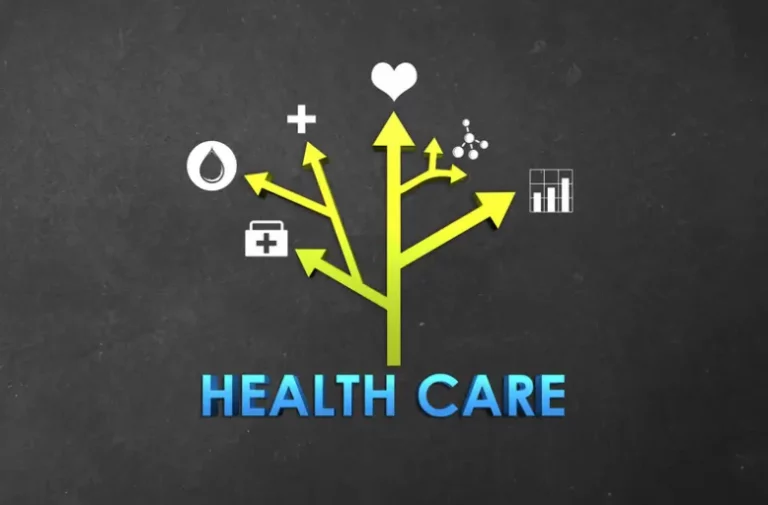Prologue: Crafting the Future of Healthcare with AI
The healthcare industry is on the cusp of a transformative era, with Artificial Intelligence (AI) at the helm, driving unprecedented improvements in patient care, operational efficiency, and medical innovation. This comprehensive exploration delves into the nuanced process of integrating AI within healthcare systems, illustrating how PeakMet’s advanced AI solutions can act as a catalyst for this transformation, guiding healthcare providers through a journey of digital metamorphosis.
The Therapeutic Potential of AI in Healthcare
AI’s integration into healthcare is more than a technological upgrade; it’s a fundamental shift towards more personalized, predictive, and efficient care delivery. AI applications in healthcare range from patient diagnostics and treatment plans to administrative efficiency and beyond.
- Enhanced Diagnostic Accuracy: AI algorithms assist in analyzing complex medical data, leading to more accurate and faster diagnoses.
- Personalized Treatment Plans: Leveraging AI, healthcare providers can develop customized treatment plans based on the patient’s unique health profile, improving outcomes.
- Operational Efficiency: AI streamlines hospital management, from scheduling appointments to managing patient flow and optimizing resource allocation.
- Predictive Health Analytics: Utilizing AI for predictive analytics helps in identifying potential health outbreaks and managing public health proactively.

In-Depth Integration Guide: Implementing AI in Healthcare with PeakMet
- Assessment and Strategic Alignment:
- Conduct a comprehensive evaluation of current healthcare operations to identify potential areas for AI integration.
- Align AI implementation strategies with overarching healthcare objectives, focusing on improving patient outcomes and operational efficiencies.
- Technology Selection and Customization with PeakMet:
- Choose AI technologies that align with identified healthcare needs, considering factors like scalability, data compatibility, and regulatory compliance.
- Collaborate with PeakMet to customize AI solutions that seamlessly integrate with existing healthcare systems and practices.
- Data Infrastructure and Analytical Framework:
- Develop a robust data infrastructure capable of supporting AI integration, ensuring secure and efficient data collection, processing, and analysis.
- Establish an analytical framework for AI systems to effectively utilize the vast array of healthcare data, including electronic health records (EHRs), imaging data, and genomic information.
- Phased Implementation and Clinical Integration:
- Implement AI systems in phases, starting with non-critical areas to test and refine the technology within the healthcare context.
- Gradually extend AI integration to more critical clinical areas, ensuring each phase is carefully monitored and evaluated for effectiveness and safety.
- Training and Cultural Adaptation:
- Implement comprehensive training programs for medical and administrative staff, focusing on the utilization and benefits of AI in healthcare.
- Foster a culture of innovation and openness to digital transformation within the healthcare organization, highlighting the role of AI in enhancing patient care and operational efficiency.
- Ongoing Evaluation and Iterative Optimization:
- Establish continuous monitoring and evaluation mechanisms to assess the effectiveness and impact of AI systems on healthcare delivery and outcomes.
- Regularly update and optimize AI solutions based on performance data, clinical feedback, and evolving healthcare needs, ensuring a sustained process of improvement and innovation.
Maximizing AI’s Impact in Healthcare: Best Practices
- Prioritize Ethical Considerations and Patient Privacy: Ensure AI implementations adhere to ethical standards and patient privacy regulations, maintaining trust and integrity in healthcare services.
- Leverage AI for Holistic Health Management: Utilize AI not just for individual patient care but also for population health management, enhancing overall community health outcomes.
- Encourage Interdisciplinary Collaboration: Promote collaboration between AI experts, healthcare professionals, and researchers to drive innovation and comprehensive care solutions.
- Invest in Sustainable Healthcare Technologies: Focus on developing and adopting AI solutions that contribute to long-term sustainability in healthcare, including environmental, economic, and social dimensions.

Epilogue: Envisioning a Healthier Tomorrow with AI and PeakMet
Integrating AI into healthcare promises a future where medical care is more accurate, personalized, and efficient. With strategic planning, customized AI solutions from PeakMet, and a commitment to continuous improvement, the healthcare industry can navigate the complexities of digital transformation, leading to enhanced patient care and a healthier society.



